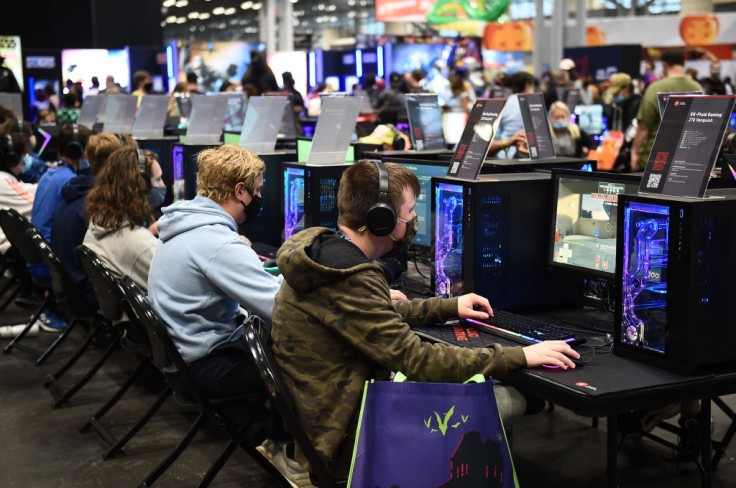
A Norton research has revealed several risky habits of American gamers, which resulted in becoming a victim of cyberattacks.
With that being stated, there are several ways that players can do to avoid gaming cyberattacks.
Norton Research Discovers Gaming Cyberattacks in 1 of 2 Players
In the 2021 Norton Cyber Safety Insights Report: Special Release - Gaming & Cybercrime research in partnership with the Harris Poll, the reseacrhers discovered that among more than 700 American adults who currently play online games, nearly half had encountered a cyberattack on their gaming account or device.
For this reason, more than 70 percent of individuals surveyed indicated that they were financially impacted as a result, with an average loss of $744.
The study also revealed some unexpected facts concerning the gamer-to-gamer cyber risks. Moreover, if they believed it would offer them a competitive advantage in an online game, 23 percent of American gamers would hack into the gaming account of their friend, family member or romantic partner.
Additionally, the competitive drive could be found in many types of gamers in the United States, which covers from casual to hardcore. A total of 27 percent of American gamers would exploit a loophole or bug of the game while 25 percent of them would pay to seize ownership of another user's gaming account.
Aside from this, the Norton research also revealed that 24 percent of American gamers install cheat codes on their gaming account or devices, while the same percent of gamers would hack into a random person's gaming account.
On the other hand, the gaming and cybercrime research also discovered that gamers are struggling with security basics, with doxing not uncommon among them. They also choose to play games over everything.
- Gamers struggle with basic securities: 47 percent of players in the United States admit to engaging in risky online gaming behaviors such as using the same password for multiple gaming accounts or devices. Meanwhile, 39 percent shares personal information such as names and birthdays while playing the game online, and 29 percent of them install add-ons including characters, skins, and swags from a website that was not affiliated with the game distributor.
- Doxing is common: For those who are not familiar with doxing, Kaspersky stated that it is the act of revealing the personal information of a person online without the victim's agreement. For this reason, among the American gamers who have had a gaming device or account targeted by a cyberattack, 21 percent have been doxed.
- Gamers chose to play over everything: Surprisingly, 74 percent of hardcore gamers in the United States indicate that they would rather spend time playing than going to a friend or family member's birthday party.
Two Tips to Avoid Gaming Cyberattacks
According to F-Secure, gaming-related risks are not different from any form of internet threat. The primary difference is in the distribution channels. Luckily, there are ways to avoid gaming cyberattacks.
2. Gamers should install antivirus software.
It is unlikely for gamers to stop downloading games, modifications, and other content just because it's risky. However, keep in mind that any file downloaded could be infected with a virus. For this reason, gamers should install trusted antivirus software.
1. Gamers must enable 2-factor authentication (2FA).
A username and password combination are often the only thing that keeps online and gaming accounts safe and secure. 2FA adds a second layer of protection to a computer that is only accessible by its owner. This ensures that the account is safe even if the login credentials are stolen.









